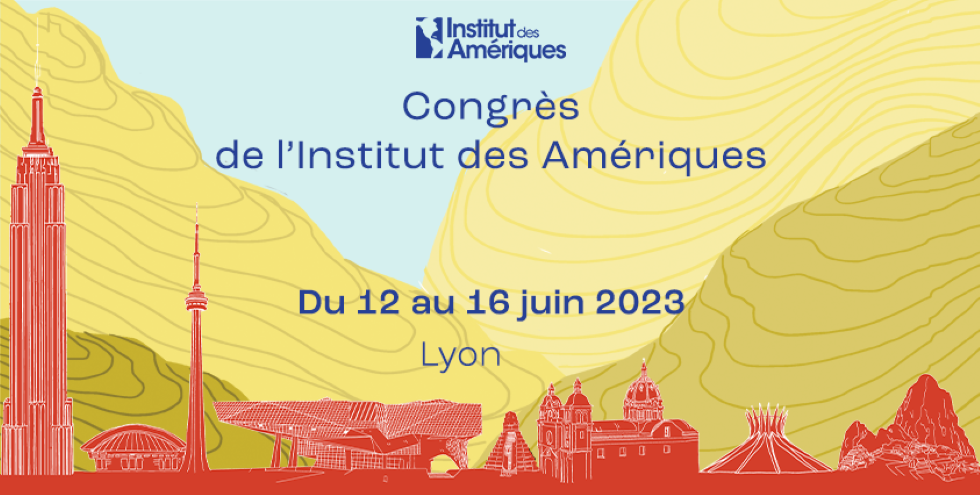
Round tables > Sociologies and environmental crisesSociology round table Thursday 15 June from 16.30 to 18.30 MILC Amphithéâtre Organization: Sébastien Roux (iGlobes - CNRS) and Hadrien Malier (Iris - EHESS)
Speakers: Marine Bobin (LISST - Université Toulouse - Jean Jaurès), Soledad Fernandez-Bouzo (Universidad de Buenos Aires), Gaëlle Ronsin (CERES - Université de Franche-Comté) Presentation Climate crisis, biodiversity crisis, water crisis, energy crisis, waste crisis... The multiplication of of these crisis that are considered "ecologic" or "environmental" deeply shake up American societies. This round table offers to look at how sociology informs about this singular moment, from research and contemporary experiences within the diversity of American worlds. Three main questions will cross the round table. First, on the epistemological side, th speakers will question the singularity of sociology's inputs to think the ecological issued, and the place of their discipline in the current evolutions of the scientific world. If environmental questions are more and more understood in an interdisciplinary or transdisciplinary way, how does sociology informs of the current transformations? Which place does it occupy in the emerging fiel of environmental studies? And what are the epistemologic refoundation propositions - based on a new acknowledgment of the envrionmental object - saying about the evolution of scientific spaces and of the place granted to social sciences - especiall critical discourse - in a time of radical "crises", virulent "alerts" and expert expectations? Then, from their respective inquiries, the different speakers will show how the American societies that they study understand the entanglement and the expression of environmental crises. By paying attention to the intersection of the different scales (local, national, global), they will show how the individuals interpret and react to the joint transformation of their world and of the world, and live daily the endangerment, or the destruction, of their present and their future. In American contexts that have been strongly marked by "environmental conflicts" supported by local social movements, this panel will be the occasion to deepen the crossings and the confrontation of works about the latin-american Political Ecology with those about north-american Environmental Justice. Finally, we'll invite the speakers to question the social diversity of experiences and reactions. How does class, gender, sexuality, age or race singularize the experiences and the relations to the environmental issue? How are the ecological crisis expressed differently based in the occupied positions and the trajectories ? And what does this diversity of power relations that cross and structure american societies tells us, making the environment a political question and challenge? |

